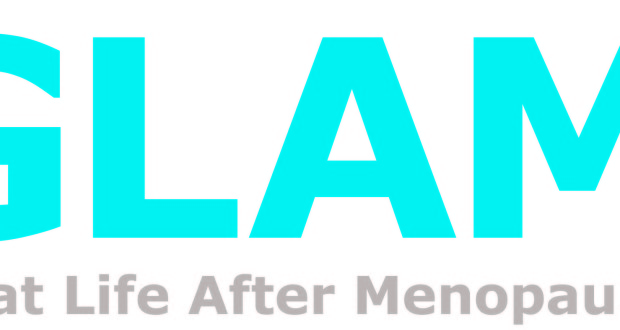By: Red Hot Mamas
Published: November 7, 2014
Okay, Ladies! Let’s talk shop about our V-zone.
Doesn’t it seem that the older we get, the more issues we have down there?
And, I hate to be the bearer of bad news, but it may be due to menopause-related changes. With menopause, it seems like our vaginas don’t seem to be performing their lubricating duties like they used to. Some days, our vaginas feel dry, or sometimes itchy around the vulva or in the vagina, or even sometimes there’s pain with sexual intercourse.[1]
The medical term for what’s happening is called vaginal atrophy.[2] While we are prepared for some changes at menopause, others can certainly take us by surprise– like vaginal atrophy.
Just what is it – this thing called vaginal atrophy? After menopause, decreases in estrogen levels cause the tissues of the vulva and the lining of the vagina to become thin, dry, and less elastic.2 In some women, vaginal atrophy makes sexual intercourse painful.2
A lot of women live with pain and discomfort because they are simply too embarrassed to discuss these problems with their health care provider.1,3 Let’s just think back a few years, we couldn’t even say the “M” word out loud. And it was even difficult then for us to discuss menopause with our loved ones. Now, once again, we must go out of our comfort zone to discuss vaginal dryness issues associated with the “M” word!
Well, don’t be afraid to speak up to your doctor.
If you are experiencing vaginal changes, it shouldn’t be a topic of embarrassment – because your doctor knows ways to help treat it. You can also visit www.TheOtherED.com to learn more and to prepare for your conversation with your health care provider.
I am a member of GLAM™ (Great Life After Menopause), a women’s health initiative sponsored by Novo Nordisk.
GLAM™ (Great Life After Menopause) is a trademark of Novo Nordisk FemCare AG.
© 2014 Novo Nordisk All rights reserved. 0814-00022897-1 October 2014
[1] Sturdee DW, Panay N. Recommendations for the management of postmenopausal vaginal atrophy. Climacteric. 2010;13:509–522
[2] The North American Menopause Society. The role of local vaginal estrogen for treatment of vaginal atrophy in postmenopausal women: 2007 position statement of The North American Menopause Society. Menopause. 2007; 14(3):357–369.
3 Nappi RE, Kokot-Kierepa M. Vaginal health: Insights, Views and Attitudes (VIVA) – results from an international survey. Climacteric. 2012;15:36-44.
 Red Hot Mamas In Charge of Change.
Red Hot Mamas In Charge of Change.




